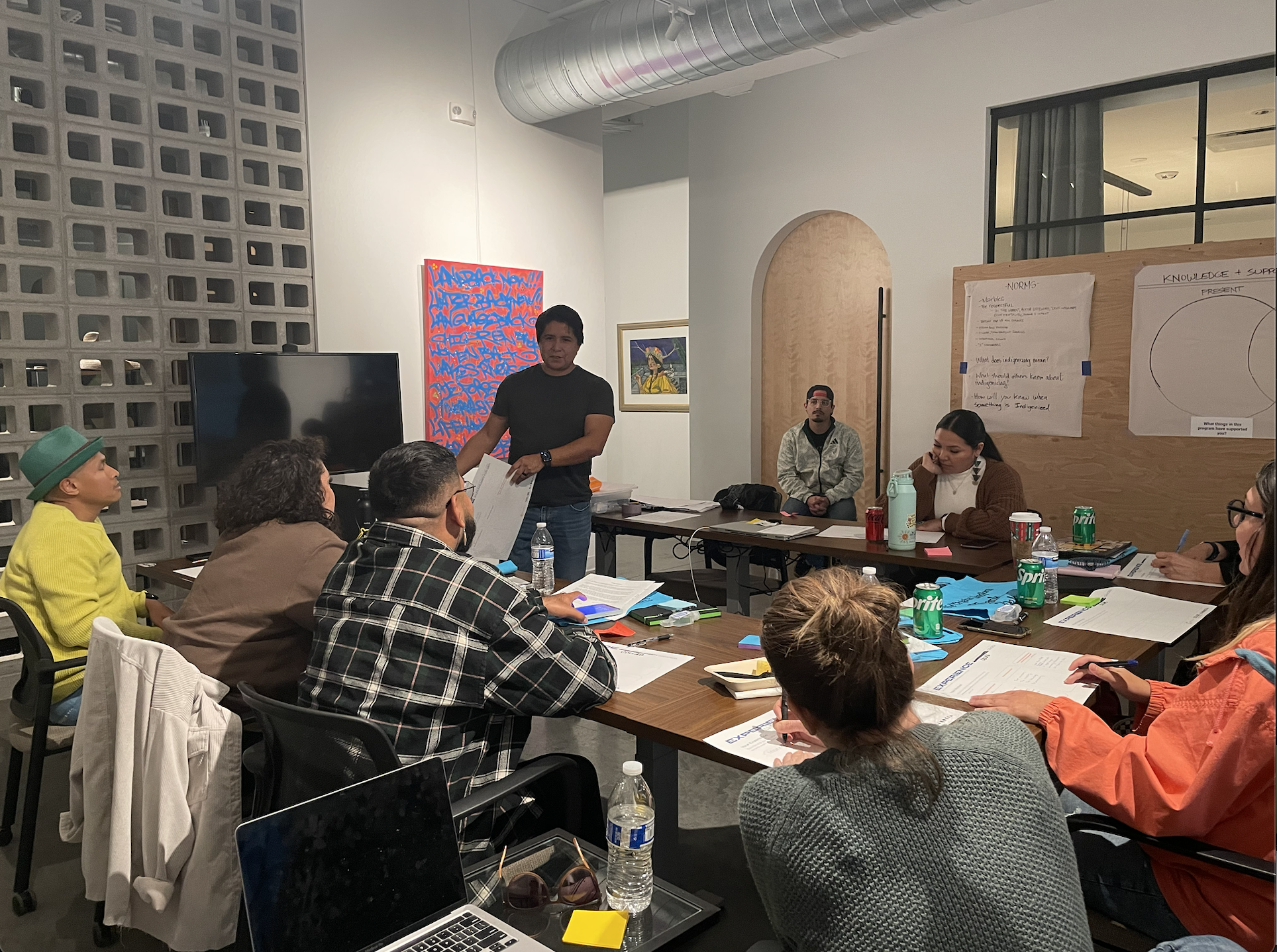Design Skills and Life

As Catapult becomes more established I find us giving more and more talks to larger and larger groups in which we emphasize the value of the skills and methods designers bring to the problems they tackle. And we’re not alone; the design community at large daily espouses such important “methods” as building empathy, listening, and observation. We all talk about identifying values, changing behaviors, and enabling potential. This is all really wonderful stuff and I couldn’t hide my enthusiasm in speaking about it if I tried. In fact, as an engineer with little formal design training, I regularly find myself thinking: these “design skills” we keep talking about could certainly be useful in the rest of my life! Further, if I’m not practicing this in my daily life, how am I supposed to be applying it to my work as an engineer and designer? Even more, how exactly am I supposed to learn these skills?
For example, building empathy for end-users is often touted as critical to socially-conscious design; but how do I learn to build empathy? Do I practice building empathy only for the end-users of the products I create while wearing my designer’s hat? Or do I bring the practice of empathy into my regular interactions with my coworkers, my friends, my family, strangers, and myself? It seems to me that building empathy in the other areas of my life would serve me just as well as it will as an engineer. And if I can learn to be more empathic in my personal interactions, that surely must make my efforts to build empathy for our end-users all that much more effective. My personal life, therefore, can be a training ground and a test bed for the skills I use as an engineer and designer.
Another critical skill that we frequently discuss is identifying the values of your end-users – this, ultimately, is how you discover what you should design. However, anthropologists have highlighted the importance of knowing your own values before you try and interpret those of others. This leads me to ask, am I able to observe myself, my actions and thoughts, and to identify my values? How might I learn to do that and why would it be helpful? Could introspection be an important design skill? I suspect that having a clear understanding of my own values, and resolving contradictions that appear, will not only improve the clarity of my observations but also bring integrity to my life and the products I create.
That brings me to changing behavior. As social-impact designers we talk continuously about how to design our products such that they encourage our end-users to change their behaviors in beneficial ways. But how do I learn to change my own habitual behaviors? Could observing the challenges I face in changing my behavior enhance my empathy when I attempt to ask others to change theirs? Knowing what change I am asking of from others, and how hard it will be for them to accept it, will most likely encourage some modesty in my designs, some understanding in my approach, and increase the likelihood that they are appreciated and used.
As Paolo Antonelli, senior curator of architecture and design at the New York Museum of Modern art tells us, “one of design’s most fundamental tasks is to help people deal with change.”
One of the key concepts underpinning Catapult’s philosophy is that technology can enable human potential. We also speak regularly about the important design skill of listening. I propose that listening to others, our friends, coworkers and family, as well as our end-users, can, in and of itself, enable potential and empower. And if I can learn to listen to people in difficult personal times, imagine how well honed my skills will be when I need to listen to delicate conversations across languages and cultures.
The question I am asking, and which I encourage other engineering and design practitioners to ask, is: how can I, in my daily life, actively cultivate the skills I need as an engineer or designer? And if I recognize how important these skills are to my job as a designer can I also see how valuable they will be to my job as a human? It is by asking these questions that we can ensure that the ethics that guide our design work – creating things that affect the lives of other people – also guide our lives, our decisions, and the actions of the organizations we work for.
